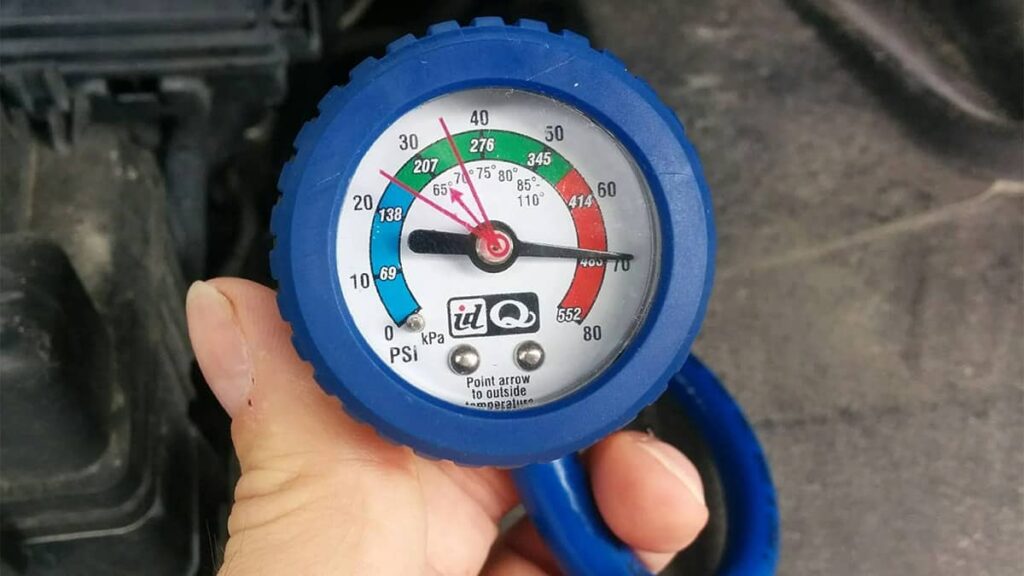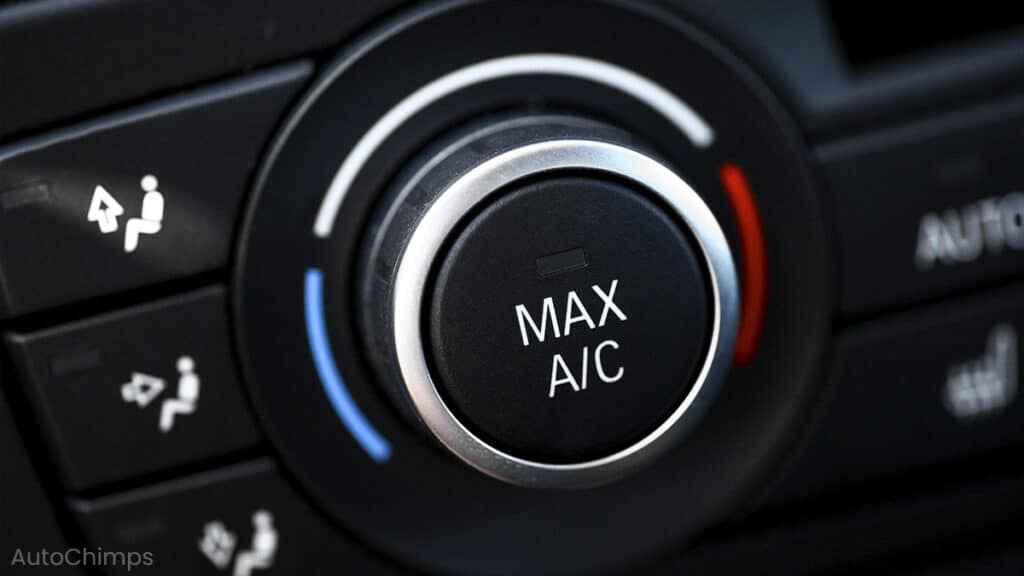

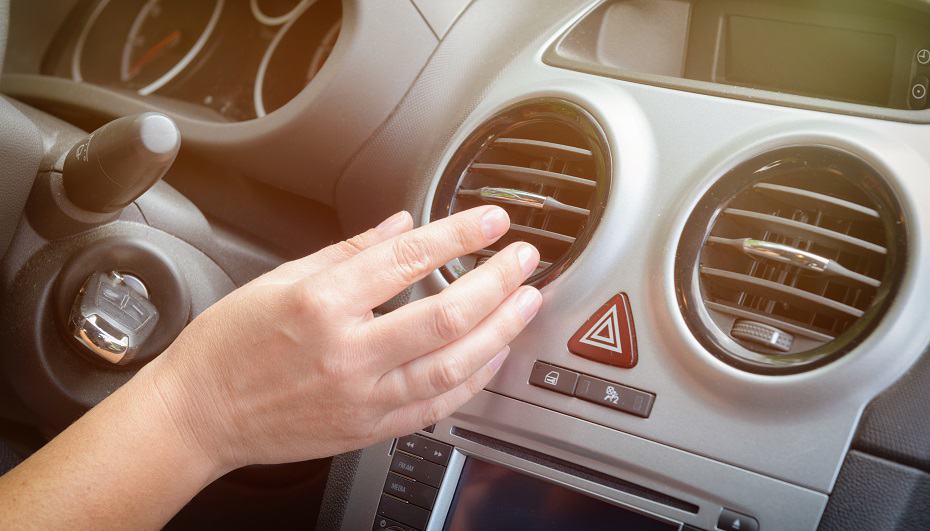
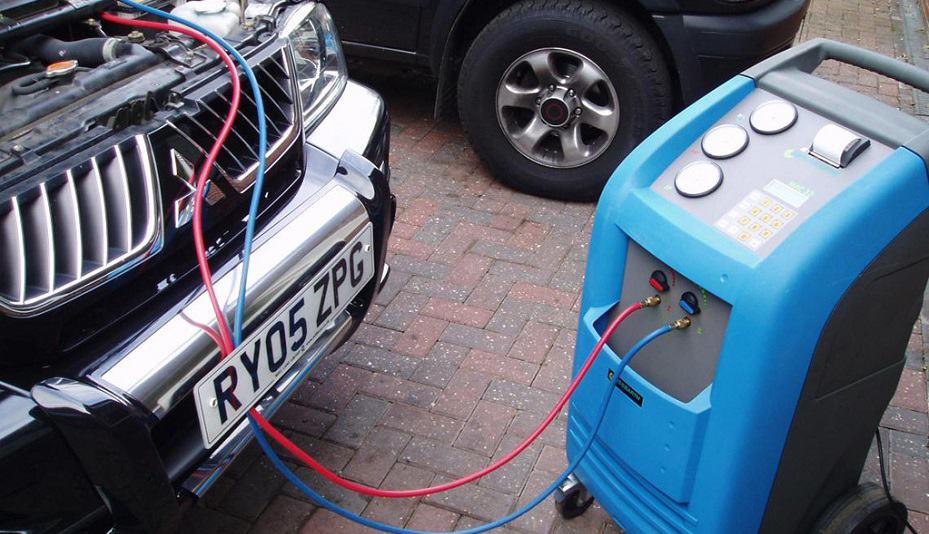
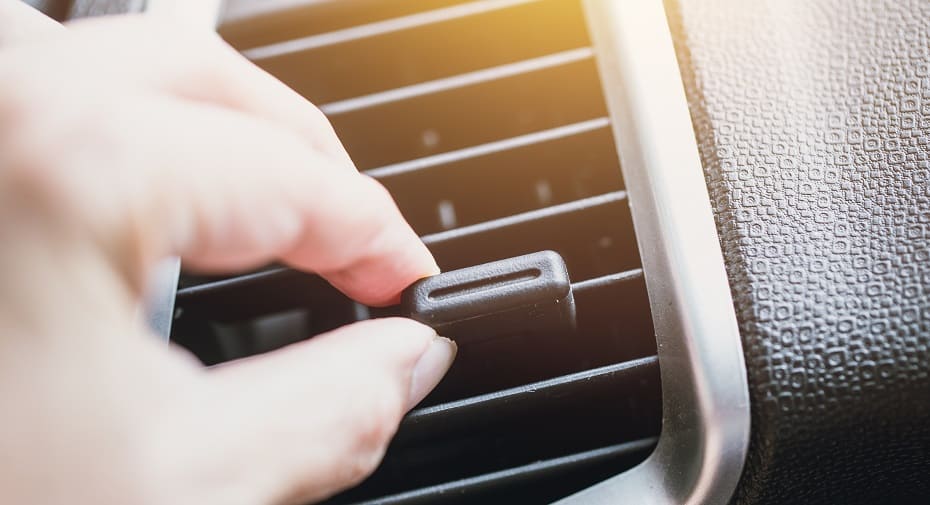
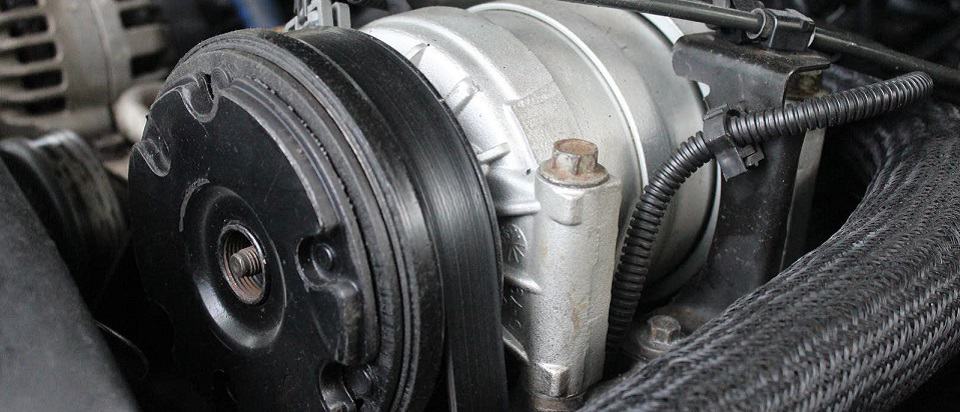

Is the Car AC Overcharged? Here’s How to Tell
Thinking the car’s AC might be overfilled? Figuring it out isn’t as simple as it seems. The best bet is to swing by an AC tech who has the right gear to check and top off the refrigerant levels legally.
Understanding the AC System

No need to dive too deep, but a basic grasp of how air conditioning works is handy. It helps to understand why an overcharged AC can cause issues.
Refrigerant is a gas that comes in different types. Most cars today run on R-134a or R-1234yf:
- R-1234yf: Used in cars from 2015/2016 onward
- R-134a: Common in cars from the mid-90s to 2015
- R-12: Found in older vehicles, now illegal
Mixing refrigerants? Not a chance. If the car uses R-134a, R-1234yf is a no-go.
The refrigerant flows through high-pressure and low-pressure tubes, visible when the hood pops open. The compressor, powered by the engine, pushes this gas through the system. It travels through the condenser and evaporator, swapping between gas and liquid, pulling heat and moisture from the cabin.
Now, if there’s too much gas in the system, it cranks up the pressure, straining the compressor and messing with the whole operation. Not cool.
What Causes AC Overcharging?

A pro should never overcharge the AC. They’ve got the right tools to ensure the refrigerant is just right. They’ll check the manual to get it spot on.
Sure, a tech could have an off day, but more often than not, it’s a DIY attempt gone wrong. Messing with AC refrigerant at home? That’s a big no-no. Only certified folks should handle it because it’s harmful to the environment.
Professional equipment costs a pretty penny, which is why a re-gas might seem pricey. Why risk it with a cheap kit that won’t do the job?
Signs of an Overcharged AC
Here’s the deal: if the AC isn’t cooling right, it’s likely overcharged. Here are some signs to watch for:
Warm Air Blowing

On a scorching day, the AC might struggle to cool the air. It’ll still circulate, but if the system is overcharged, it won’t cool effectively. The more excess refrigerant, the less heat it can pull from the air. So, even with the temp dialed down, it might still feel warm.
Humid Air from the Vents

In humid areas, the AC should remove moisture from the air. If it feels more humid than usual, the refrigerant isn’t circulating properly, and moisture isn’t condensing into droplets.
Compressor Trouble

Signs of a failing AC compressor include weird noises when engaging the AC or wear on the serpentine drive belt. If the compressor can’t handle the pressure, it won’t work right, and the AC could be out of commission.
How to Confirm an Overcharged AC

Noticing these symptoms? It doesn’t automatically mean the AC is overcharged. A broken compressor or an undercharged system could cause similar issues.
The best move? Head to a mechanic. They’ll hook up the gauges and figure out what’s up in no time.
Fixing an Overcharged AC

Fixing an overfilled AC is simple: get it re-gassed by a pro. Expect to pay around $150, depending on the refrigerant type and how much is needed.
If the AC has caused more damage, like a busted compressor, that could run up to $900, including the flush and re-gas.
For serious issues like leaks, an air conditioning specialist is the way to go.

